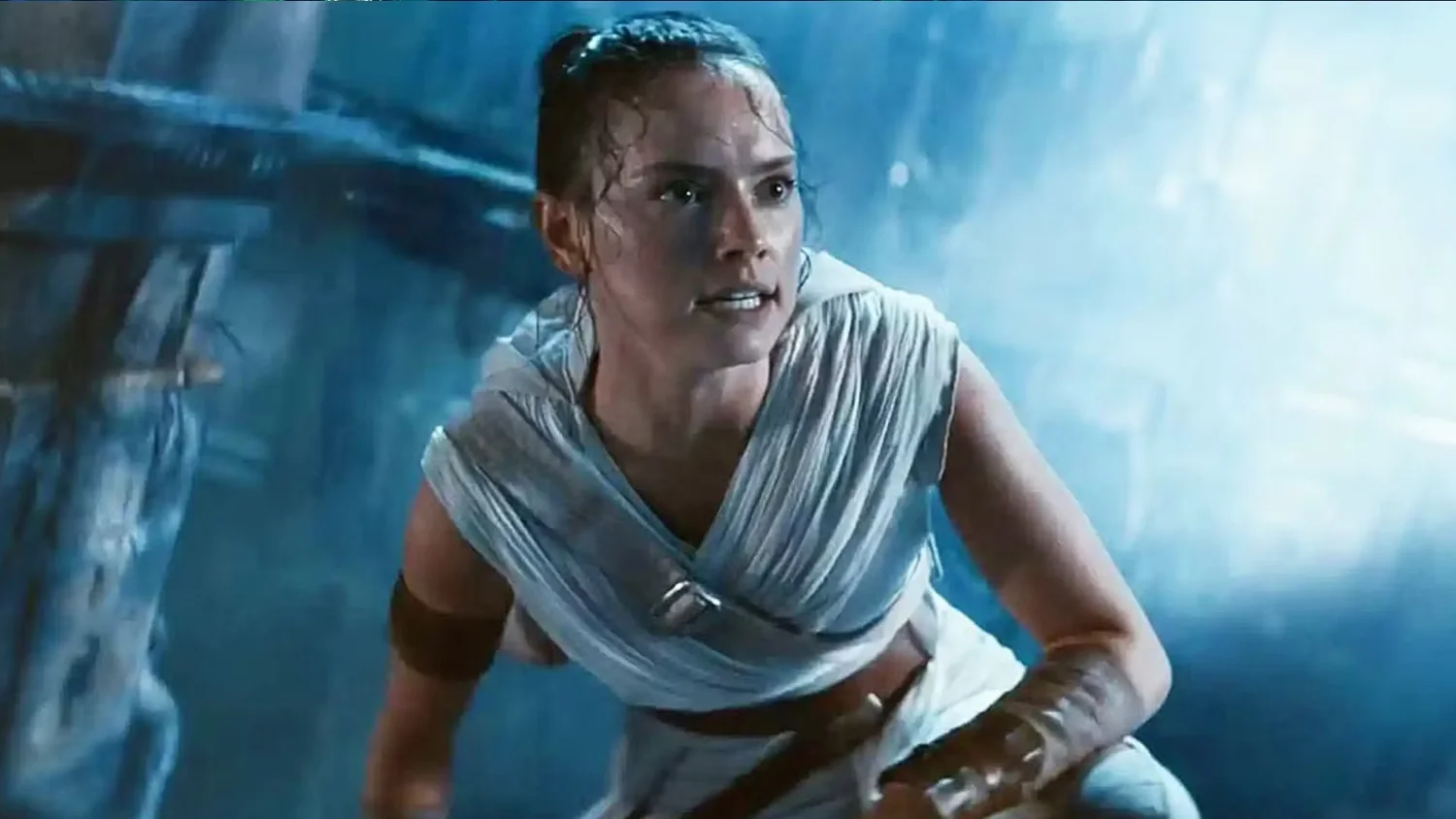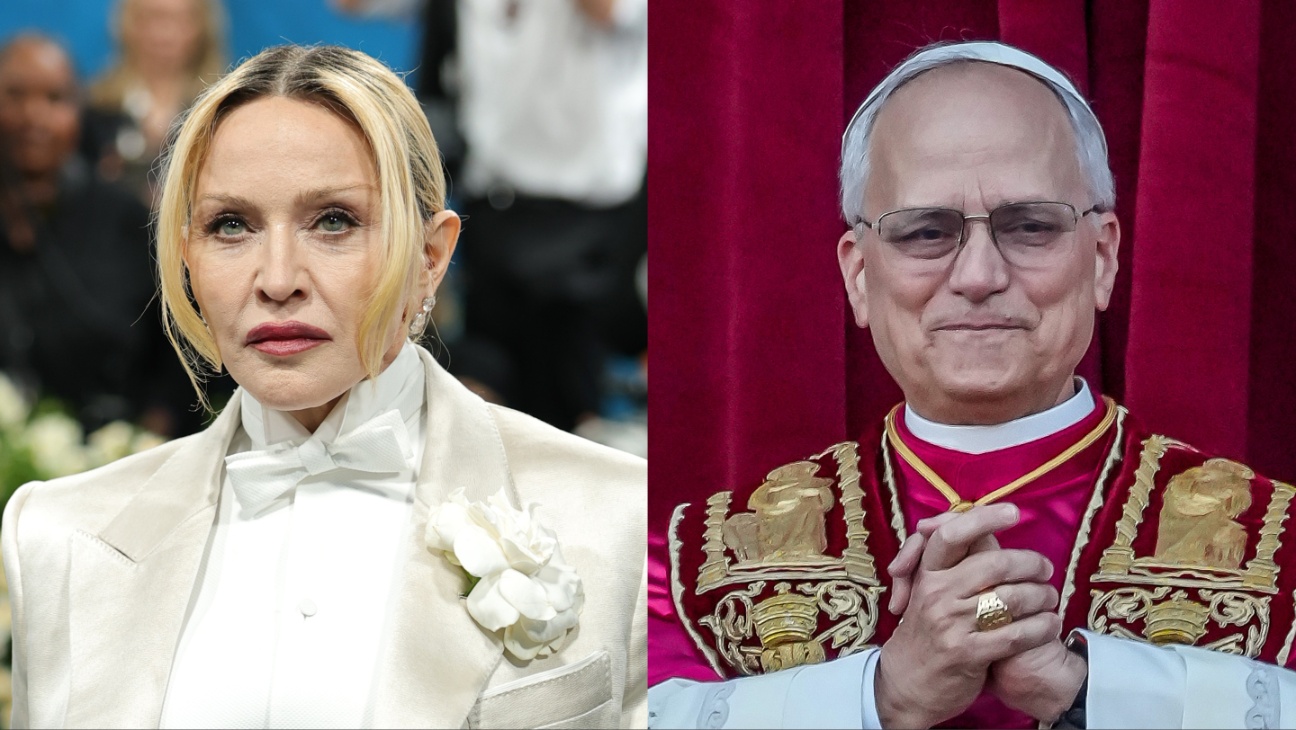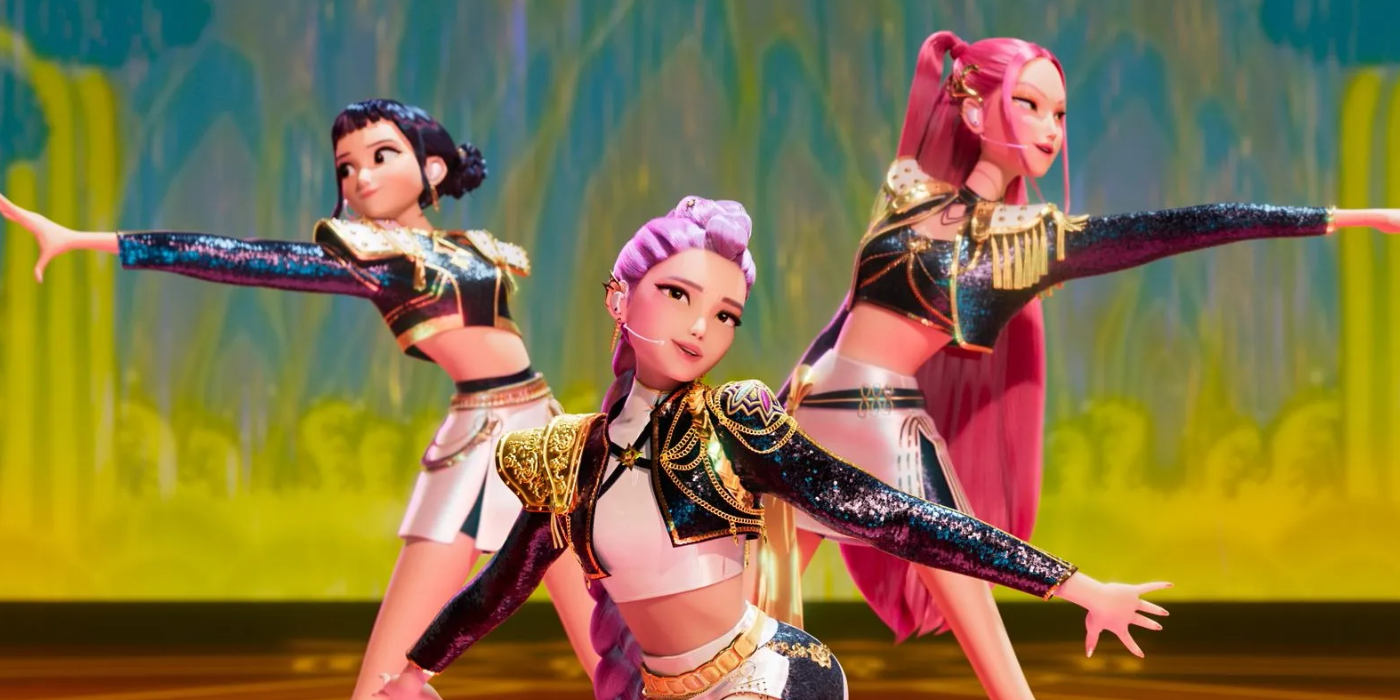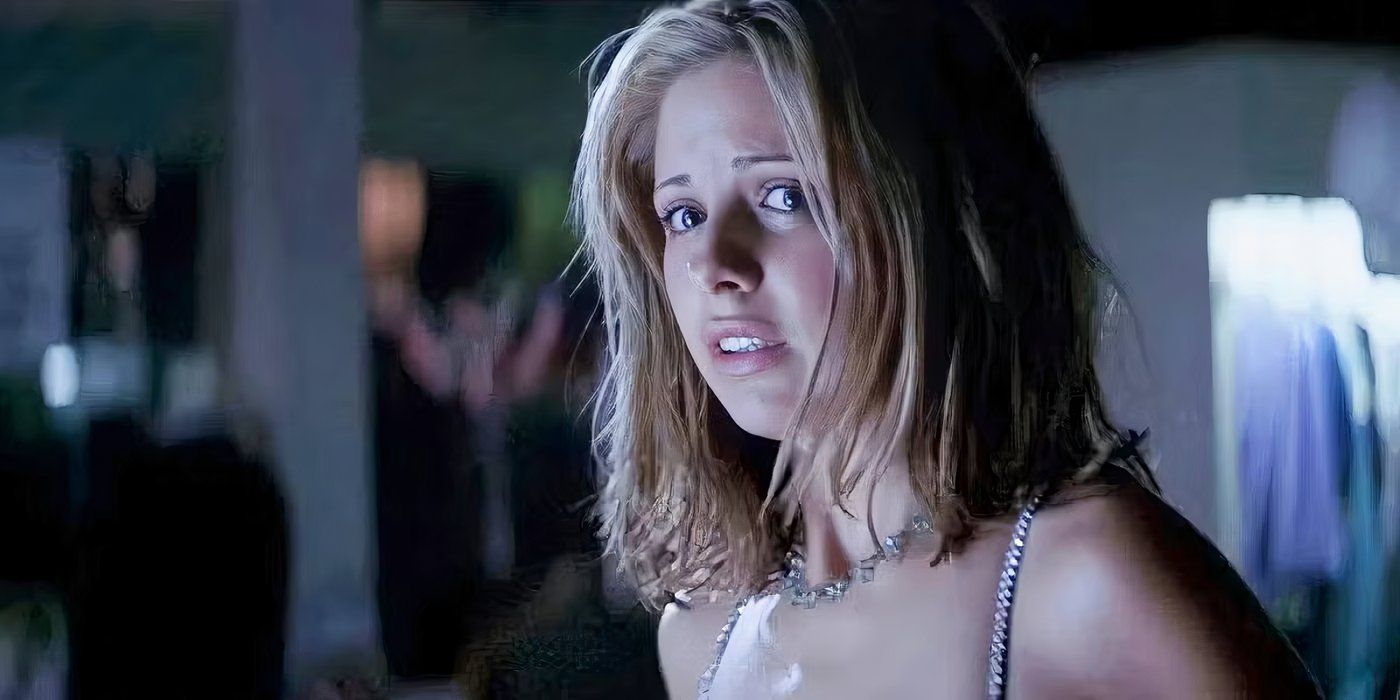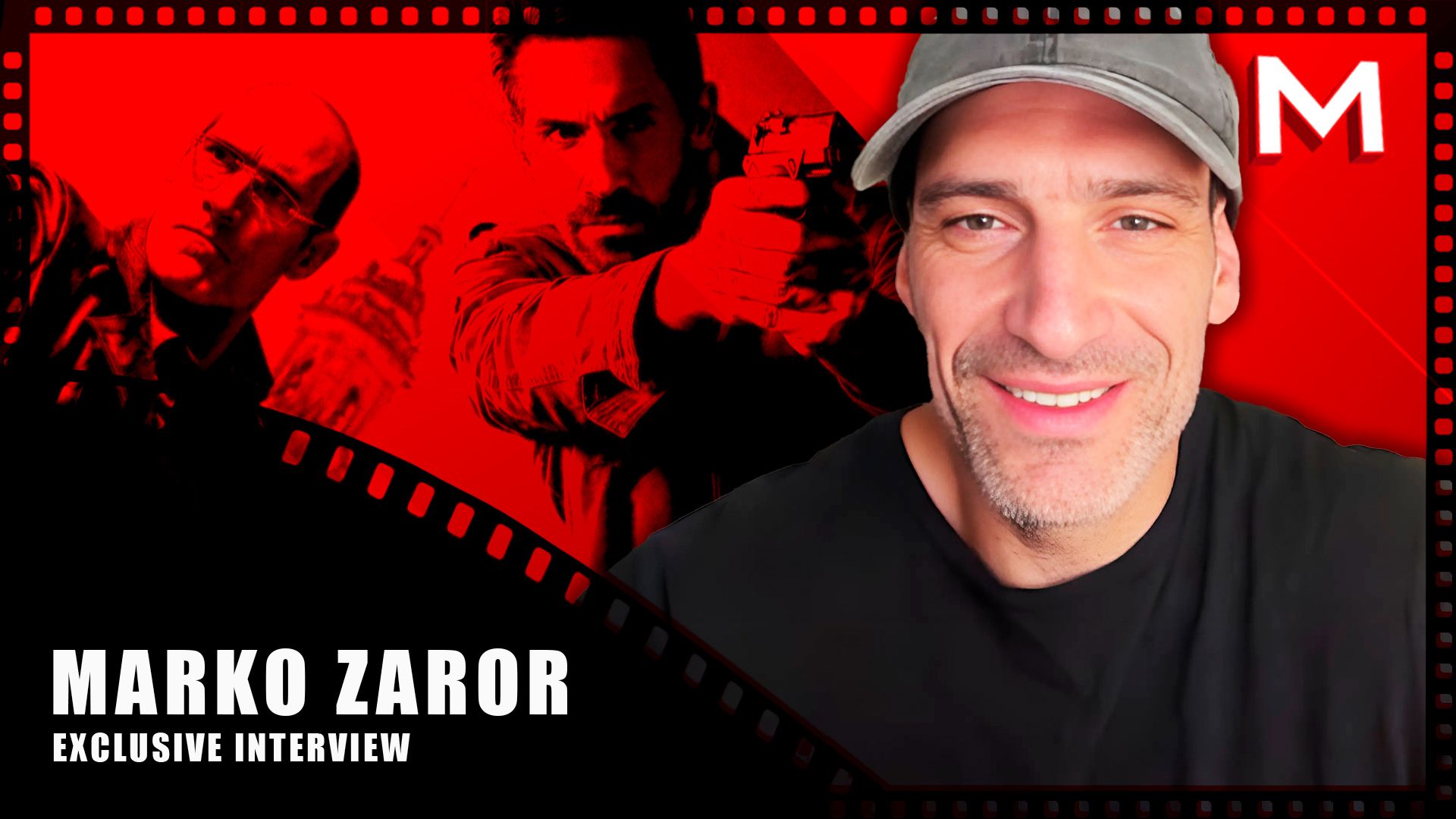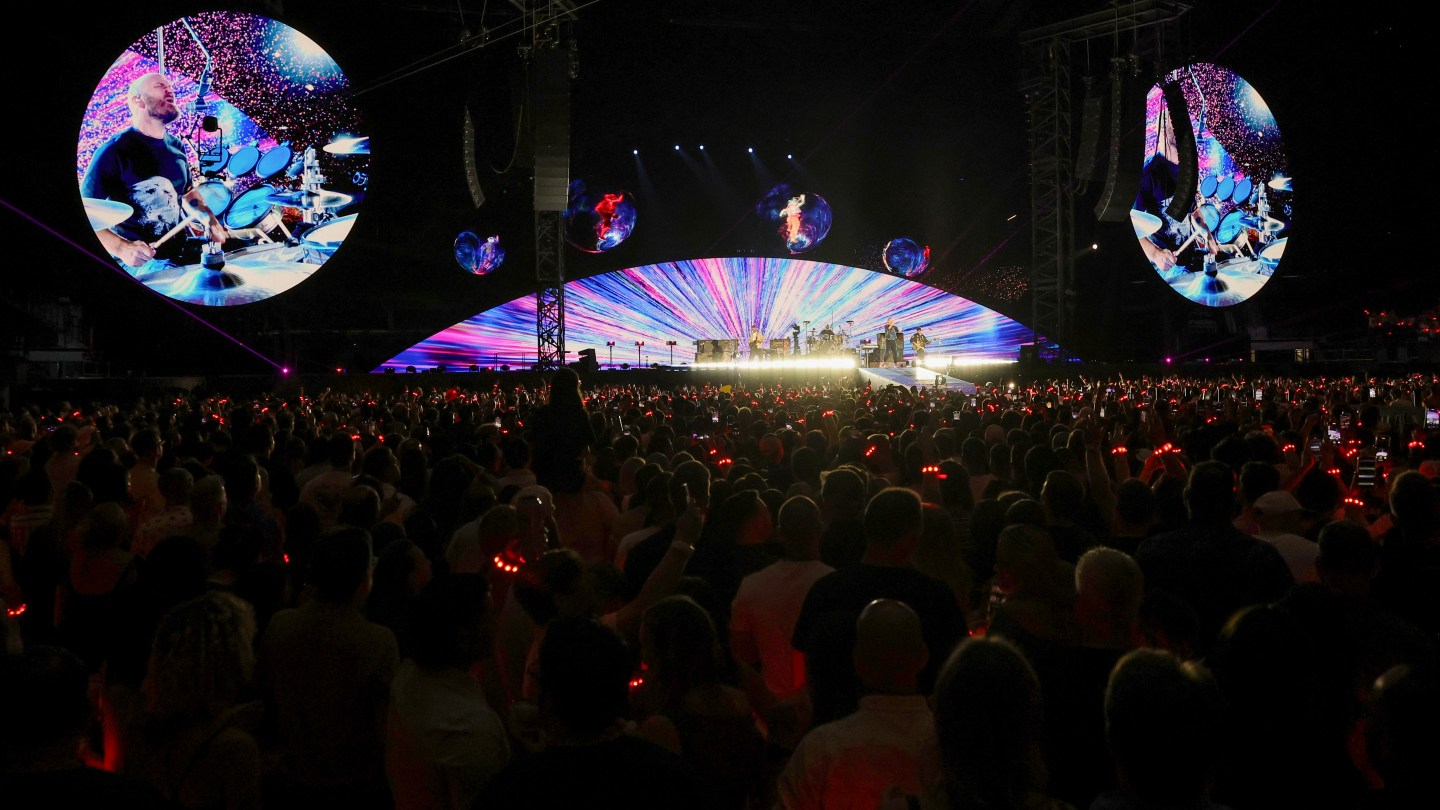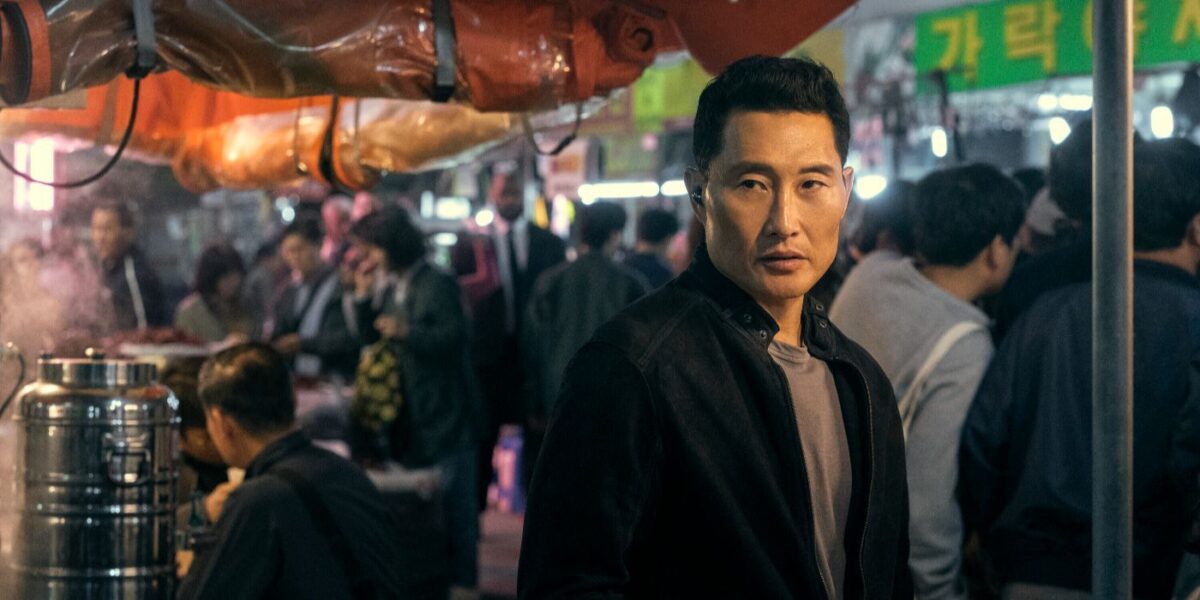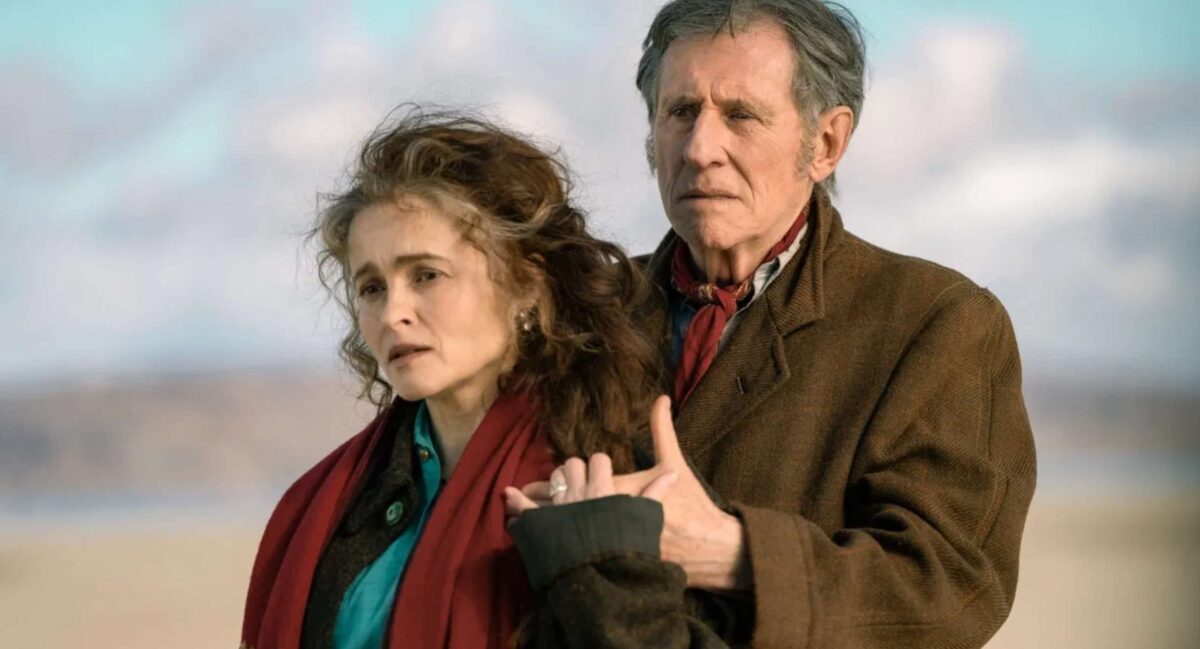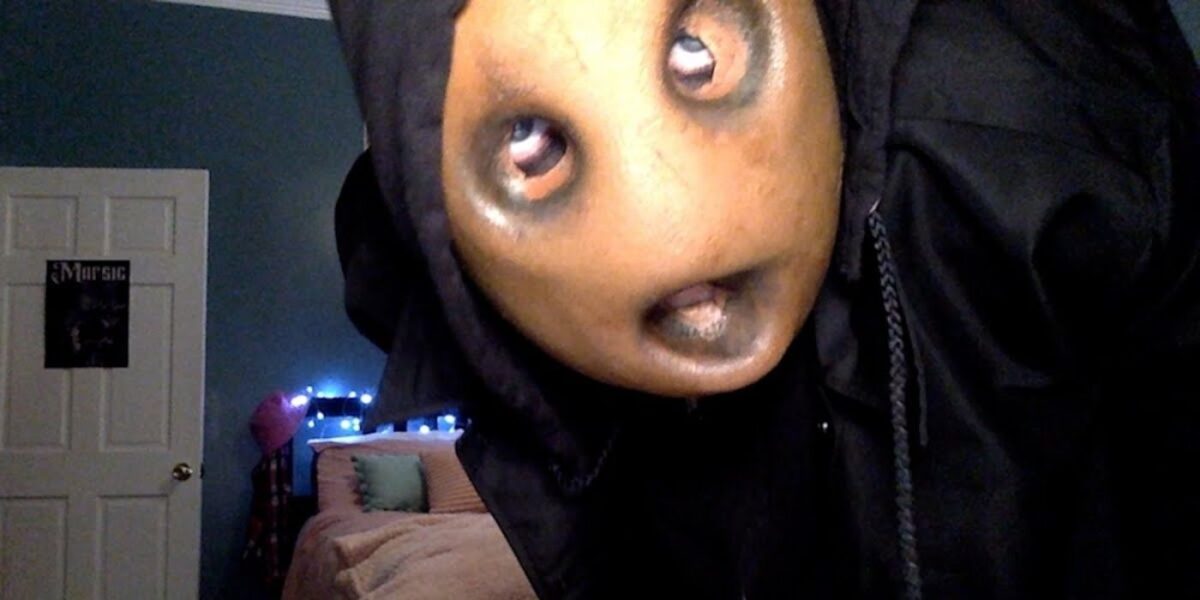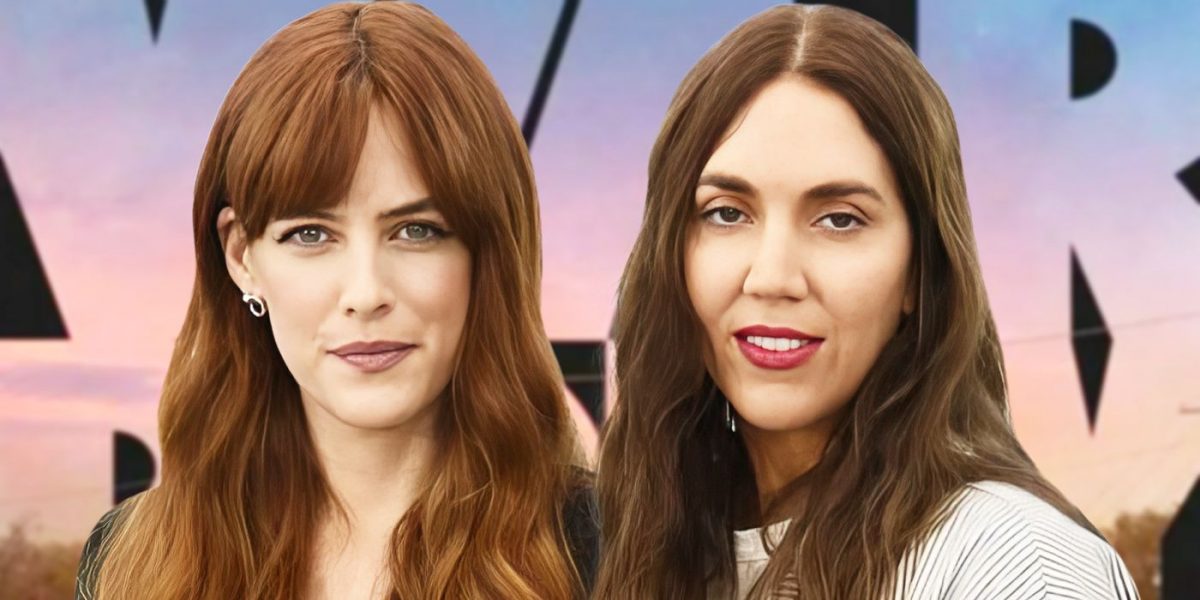
Riley Keough & Gina Gammell on ‘War Pony’ and Their Cast Going to Jail
Aug 7, 2023
The Big Picture
The directors faced numerous challenges in getting their indie drama, War Pony, made and financed, particularly as first-time filmmakers and women in a male-dominated industry. Despite facing resistance and suggestions to make changes to the film, the directors remained true to their vision, collaborating closely with their writers and actors to keep the story authentic and preserve their unique perspective. Audiences have varied experiences with the tone of the film, with some finding it bleak and others finding it funny. The directors prioritize portraying the story authentically and allowing viewers to interpret the tone based on their own experiences.
From directors Riley Keough and Gina Gammell, and written in collaboration with Franklin Sioux Bob and Bill Reddy, the indie drama War Pony tells the stories of two young Oglala Lakota men, Bill (Jojo Bapteise Whiting), a 23-year-old with an ambition for something more, and Matho (LaDainian Crazy Thunder), a 12-year-old determined to live in the adult world. On the Pine Ridge Reservation, harsh realities and a lack of opportunity can influence decisions made, in regard to one’s identity and one’s family.
During this interview with Collider, co-directors Keough and Gammell talked about the long and winding road of challenges they experienced in getting War Pony made, why they were grateful to have each other throughout this process, the changes outside voices want them to make to the film before production began, the different experiences audiences have with the tone of the story, the most challenging day they had on set, and whether they’ll direct together again.
Collider: You guys are not established directors. You’re in a business that’s known for giving far more male directors opportunities than it does women. And you’re telling a story about a community that rarely gets their stories authentically told. That couldn’t have been even remotely easy to convince people to make and give you financing for. How challenging was the road to getting this made and getting it out in the world? How many times did you think it just wasn’t going to happen?
RILEY KEOUGH: For our first feature, we definitely took a more challenging road, in all aspects of this film. Any time there was an option to do a more challenging version, that’s what we opted for. I’m not trying to be corny, but we just followed our hearts and what we wanted, and what we all wanted, including our co-collaborators and writers. We were two first-time filmmakers, and two females, making an Indigenous film with no famous actors. There definitely weren’t financiers looking at it and going, “This is a no-brainer. We’re so excited to give you all this money.” But we got really lucky with some wonderful people who connected with the story and with the script, and facilitated our dreams. There were definitely many steps along the way that we did not think this was gonna happen. I think we felt that throughout the production. It was so hard. I don’t think any of the actors thought it was gonna happen. I don’t know that we thought it was gonna happen.
GINA GAMMELL: It was an uphill battle. It got received really differently internationally than it has in America, for obvious reasons. But we had these incredible friendships and this incredible family and we feel so dedicated, even now. We just kept pushing the rock up the hill because there were a lot of people that were worth fighting for and alongside.
Image via Momentum Pictures
This was a first-time feature for you, as directors, but you’re not brand-new to this business. Did you expect these challenges, or was it all even more challenging than you thought?
GAMMELL: I would say, both of those things, at the same time, always. We knew it was gonna be tough. It was such a carefully considered and conscious process, that there was not one thing that we hadn’t [thought about]. But the reality of living through some of those things is different to imagining difficulties.
KEOUGH: We definitely had this sense of, “The show must go on. We will make this fucking thing.” Maybe that was the naivete of first-time filmmaking, but also, Gina [Gammell] and I are beasts. We’re really relentless. When we really want something, the both of us together, we will achieve it, one way or another.
Do you think it really helped that you were both doing this together? Do you think you would have been as persistent, if either one of you were trying to do this by yourself?
KEOUGH: No.
GAMMELL: I don’t think it would have been humanly possible to do this movie alone. So much of the process of this film was the friendships. It was such a huge cast. It was such a huge collaboration that, so often, one of us was needed somewhere and the other was needed somewhere else. For this project, particularly, having someone who cares as much as you do was really helpful with keeping going. Having someone to check you or to check in with, who is invested and cares in the same way that you do, was really key to making this movie.
KEOUGH: This was a movie, but it was also a real-life adventure. All of us, all of the collaborators, were going through a lot in our lives together, personally. There was a lot of life stuff that made the film difficult for us, for our actors, and for our relationships. We went through a lot, so the only way through this was the collaboration between all of us and the love we all had to complete it. I don’t think any of us anticipated that we’d go to Cannes. We were like, “Let’s just picture wrap. That is our only goal. We just have to get through this.” It was always very in the moment. We were like, “If we can just get financing. Okay, now if we can just get through the shoot.” There was never an idea for the outcome. We never thought we were gonna go to Cannes, in our wildest dreams. We never thought we were gonna win the Camera d’Or. All that stuff was all very cool, but it was not on our minds, whatsoever. There was a point where we were like, “Maybe we’ll just release it on YouTube, if no one likes it.”
I read that people were telling you all sorts of things, like the movie wasn’t relatable, or it wasn’t sad enough, or you needed a white person somewhere. How do you resist giving in to any of that and compromising your vision in any way? If somebody says, “This is the one thing you need to do to get this made,” how do you ignore that?
GAMMELL: I actually think it was easy for us because it was (writers) Frank [Sioux Bob] and Bill [Reddy]. There was a moment when we flirted with the idea of putting a white woman in it.
KEOUGH: We even wrote it. It exists.
GAMMELL: There’s a version of it, that exists somewhere. But going through that process really crystallized the truth of our collaboration, which was that the essence of the film was to remove Riley and I from it, and not inject any more of ourselves into it. It was really easy to resist because, if it wasn’t from Bill and Frank, it wasn’t in the movie. If it wasn’t from our actors, it wasn’t in the movie. We really just tried to transform into vessels that helped shepherd this coming together. This is not our perspective. It’s not our opinions. It’s not our observations. It’s really from our collaborators. That made it quite easy to go, “Someone said this. What do you think about this, Frank, or Bill, or Jojo, or LaDainian?” And then, they’d say no, and we’d share another idea, and that’s how the process went. Particularly, the feedback of, “It needs to be more sad, or more gritty, or more whatever,” was painful for us because it felt like they were really misunderstanding the film and really not seeing it. Whenever we hear that feedback about the film, or we’d hear, “Oh, it really gutted me. It’s really gritty. It’s really dark,” it feels like they’re watching only half of the film, or certain parts of the film. That’s the feedback, for us, that was the most painful.
One of the things that people always talk about is tone. How did you view the tone for this? What were the challenges in finding the right tone and making sure you kept that authentic, throughout the film?
KEOUGH: People have very different experiences with the tone of this film. No one watches it and feels the same thing about the tone. I’ll speak to one person who’s like, “Oh, my gosh, it was so bleak.” And another one will say, “It’s so funny. There’s so much comedy.” The tone we were going for was just to keep it as authentic as possible, the way in which Bill and Frank and our co-writers and our actors would experience each moment. Do they think this interaction is funny? Do they think that it’s serious? And we had that lead us. Everything was led by the actors and our co-writers’ experiences of literally every moment in the film.
GAMMELL: That’s the tone. The reason why, when someone reports that it’s bleak or gritty, it’s painful to us is because we know that’s not the way our co-writers, our actors, or any of our collaborators conceived the film. The beauty of art is that it’s so subjective, and the way that one person views it is different from the way another person views it. I think every human emotion exists in the film somewhere, whether it’s love or humor or sadness or grief.
KEOUGH: We’re not trying to hate on people who call the movie bleak. If that’s their experience of the film, then that’s okay. It’s just that sometimes people watch with a bias that we can perceive, and that’s really the thing that we don’t respond well to. It’s a deep prejudice that maybe they’re not even aware of. It’s not like people can’t have their own version of the tone of this movie. There are bleak moments, and there are sad and heartbreaking moments, for sure. It’s totally open. We want our audience to have whatever experience they have. It’s certainly not a comedy. The script was actually funnier than the movie.
Image via Momentum Pictures
This very much feels like a slice of life, where we don’t really know what happened before or what might happen after we’re watching these people. We just go through every emotion with them, in this moment. It felt so authentic for me because that’s just life.
KEOUGH: Yeah, I think that’s exactly right. My experience of the film is that it’s life. There are funny moments, there are heartbreaking moments, there are sweet moments, there are endearing moments. Our hope was that all of it would come through. It was hard to achieve. It’s hard to achieve everything you write on the page. I’m not sure we totally did.
GAMMELL: Some of our funniest moments come right after some of our hardest moments in the film, or during some of the most difficult moments of the film. That’s also very true to life, and very true to life on the rez.
Was there a most challenging day on set?
GAMMELL: Yes.
KEOUGH: I don’t know if we should talk about it.
GAMMELL: I think we can.
KEOUGH: We had a few little rascals as actors, and there was one day that they all ended up in jail.
GAMMELL: We woke up to nothing to shoot because everyone was in jail, so that was a good day.
KEOUGH: It was a stressful day. It’s actually a really crazy story. I’m just gonna tell you everything. I had to leave town because I had to do my final chemistry callback for Daisy Jones. They were like, “We can only do it on this day.” And I was like, “I’m in the middle of shooting a movie. I can’t leave.” And they were like, “This is the only day we can do it.” So, I was like, “Gina, I have to go. I have to book this show.” The stakes were very high. It was the one day that I had to leave set and leave Gina alone. I left, and I woke up in the morning in L.A., on the day of my audition, to a phone call from Gina saying, “Everyone’s in jail.”
GAMMELL: The little boys weren’t, so we could shoot with them.
KEOUGH: All the older boys and older girls were all in jail.
GAMMELL: This is a great example of why we needed two of us for this movie. If Riley had been there, one of us would have been bailing everyone out, and the other one would have been shooting. That’s just how it went sometimes. That was a particularly tough day because we still shot, but there was also this thing dangling over us of, “Is the movie over now? Can we get our actors back to us?” That was honestly a typical day in the life of making this movie, if I’m being honest.
KEOUGH: It was obviously a horrible event to have happen.
GAMMELL: But it’s one of those things where we can look back and laugh about it.
Image via Momentum Pictures
To balance that, was there a best day on set? Was there a day that everything just went smoothly, or was there always some sort of challenge?
GAMMELL: Weirdly, one of the days that we were so afraid of, where we were like, “This is gonna be our worst day of production,” was the powwow day. And there was the buffalo day, too, but that went very smooth.
KEOUGH: We had to shoot a buffalo in the middle of Pine Ridge, and we were anticipating it being a nightmare. We didn’t know how the buffalo’s personality was gonna be. Lots of people have dogs that are outside their homes, and we didn’t know if they’d get along with the buffalo. That was a day that we had a lot of stress and we were like, “This day is gonna be a disaster.” We were terrified, but it was totally perfect. The other day was the powwow because we missed the powwow, so we had to create our own powwow, essentially. It was just a lot of moving parts, and we were just very scared of that day, as well. It’s was a big day, but it was not so bad.
After everything you go through with something like this, you actually made a movie, it got finished, and it’s out for the world to see. Even with all of the insanity, you made a beautiful film. Does it feel like whatever you do next has to be easier? Will everything from here on out be smooth sailing?
KEOUGH: I don’t think smooth sailing is something that Gina and I are attracted to. We like challenges. One of the biggest challenges on this was that the locations were so far. Our crew had to drive an hour to an hour and a half, every day and night, and that was really hard, but in order to shoot in Pine Ridge, that’s what we had to do. There’s a part of Gina and I that is always looking for adventure. I don’t think we really ever wanna make art that’s super easy.
GAMMELL: We’re also fast learners. Part of making your first film and part of going through this process is that you make a lot of mistakes and you go through unnecessary hurdles to get to something that maybe you could have gotten to much more simply. There will always be a certain amount of full immersion from every anything we do together because that’s just the kind of artists we are, but I do think that we will not make the same mistakes again. We’ve learned a lot about who we are as humans and who we are as collaborators that will bring a certain amount of ease. Just having done something for the first time, doing it for the second time, there’s always a little bit of knowing what comes with it that will bring a certain amount of ease into whatever chaos we find next.
KEOUGH: I also want to make a comment about the day that our cast ended up in jail. It was actually a misunderstanding. We’re talking about it now as if it’s funny because time has passed and we can look back on it as a crazy day, but the incarceration of indigenous people and teens is a very profound systemic issue, in how often that is done. It’s definitely not funny. It’s a pretty heavy topic. I just wanted to say that what happened that day wasn’t funny. We can just look back on it now, with our cast and ourselves, and we laugh to get through difficult things. At the time, it was actually highly stressful and really upsetting.
GAMMELL: For sure.
Is the plan for the next project you direct to do it together again?
KEOUGH: We have a company.
GAMMELL: We’ll definitely make stuff together again. I think that we’ll also probably make stuff separately. If I had to put money on it, I’d say the next thing we do will be together, but that could change. We’re actively writing stuff together. I think we’ll always write together. And then, depending on schedules and appetite, whether we direct together or separately will be project to project.
KEOUGH: What will probably happen is that we’ll write scripts and Gina will take the best ones for herself, and then I’ll get the shit one.
GAMMELL: And then, she’ll blame me for her movies not working.
KEOUGH: Sorry, you’re gonna get us into a fight.
I’m sensing a dynamic happening here.
GAMMELL: No, we’re fine.
KEOUGH: That’s not what you say to convince someone that you’re fine. We’re fucked.
GAMMELL: We were put on earth to make stuff together, and we know that. Even on the tough days, we still know that.
War Pony is in theaters and on-demand.
Publisher: Source link
Daniel Dae Kim Leads Prime Video’s Groundbreaking Spy Thriller Series With Wall-to-Wall Action
Ever since his breakout role in the widely popular series Lost, Daniel Dae Kim has been killing it on the screen. Most recently, he's been involved in projects like Netflix's KPop Demon Hunters and Avatar: The Last Airbender, but we…
Aug 14, 2025
Nobody 2 Review | Flickreel
Nobody 2 is like a National Lampoon’s Vacation movie if Chevy Chase were even more prone to violence. Ironically, Bob Odenkirk’s Hutch is cooler under pressure, despite dealing and taking more punches than Clark Griswold. Like Clark, Hutch just wants…
Aug 14, 2025
Four Letters of Love Review: An Emotionally Hollow Adaptation
Four Letters of Love arrives with the pedigree of a celebrated novel, a strong cast of veteran actors, and a sweeping premise about destiny and the inevitability of true love. Directed by Polly Steele, with the screenplay adapted by author…
Aug 13, 2025
I Was Locked Into This True Crime Mockumentary’s Serial Killer Terror Despite One Fatal Flaw
True crime documentaries have become a huge staple of modern entertainment culture. From movies to miniseries, the documentation of grisly murders and corrupt cover-ups has become a permanent subgenre of documentary filmmaking. Because of how widespread it is, it also…
Aug 13, 2025
